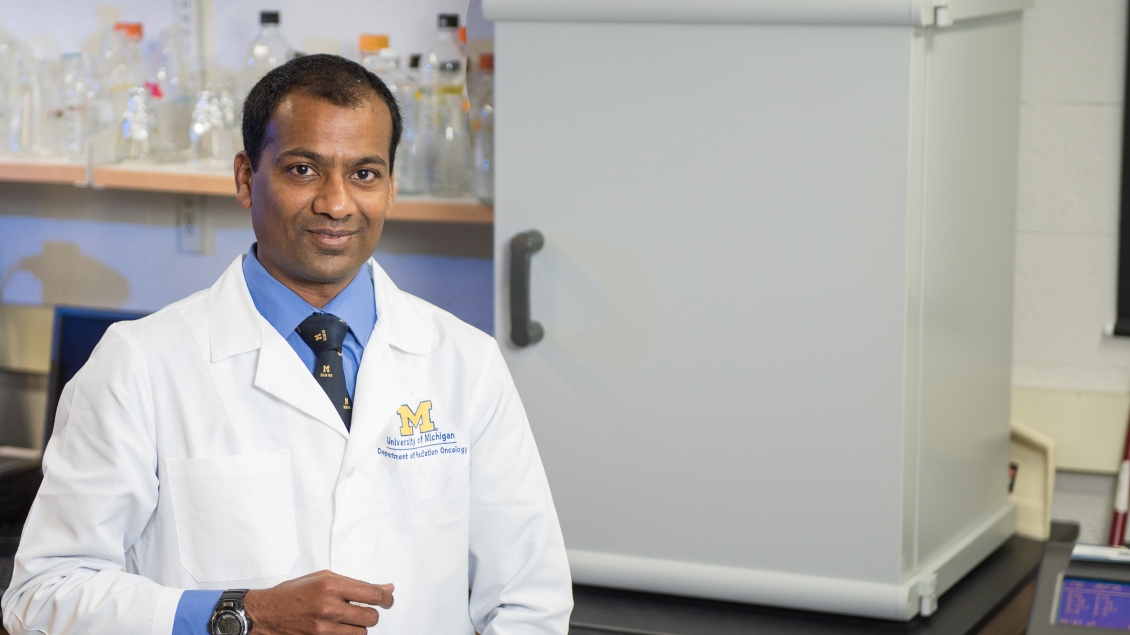
Fast Forward Medical Innovation
We offer a groundbreaking innovation program in collaboration with the renowned Rogel Cancer Center.
The new Rogel Cancer Center Innovation Program is an educational initiative designed to help faculty, clinicians, and research scientists develop novel therapeutics and successfully communicate the value of their research to secure commercialization resources.
The program will consist of a lecture series and a project-based course.
The hybrid lecture series, available for anyone to attend, will provide a high-level overview of critical therapeutic development topics, available resources, and case study examples from U-M scientists.
The virtual project-based course, available to those that apply for acceptance, will offer ongoing coaching and support from an expert teaching team over a period of four months.
Fast Forward Medical Innovation offers a comprehensive collection of educational programs and training tailored for busy faculty, students, clinicians, and researchers across the University of Michigan, and across the state, region, and nation.
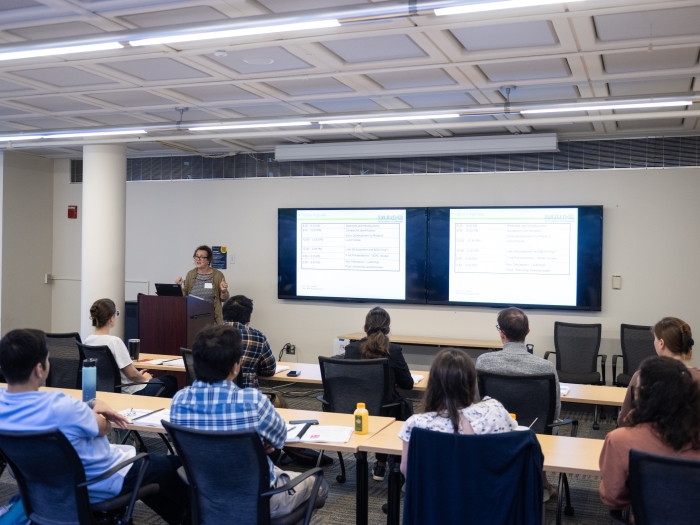
5-part series focusing on critical therapeutic development
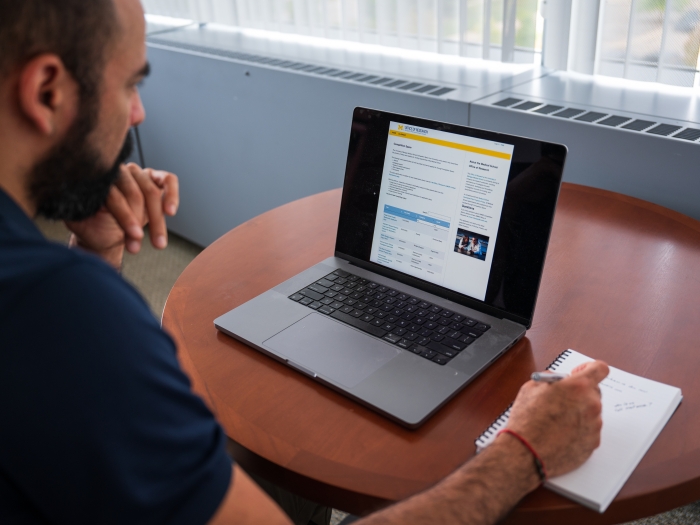
Multi-week, experiential course matches innovators with expert teaching team members for guidance on oncology therapeutic development and commercialization
Each lecture will be held virtually via Zoom except for Lecture 3, which will provide both an in-person and virtual attendance option. Please note that you will need to register for each individual session if you would like to attend more than one lecture.

This lecture provides an overview of current trends in oncology therapeutic discovery and development. By the end of the series, you’ll be able to:
- Outline the key stages of the oncology therapeutic discovery process
- Identify key oncology therapeutic discovery decision criteria
- Describe the importance of identifying a good oncology target
- Describe how to identify a good target

The second lecture in the series focuses on key business and commercial topics in oncology therapeutics. By the end of the lecture, you’ll be able to:
-Explain the importance of identifying unmet clinical need
-Define Target Product Profile (TPP)
-Name the key factors and considerations that comprise a TPP
-Identify the current standard of care and the market opportunity that exists within any gaps in care
-Compare and contrast the competitive advantage and the current standard of care
-Determine which commercial pathway best fits a given oncology therapeutic
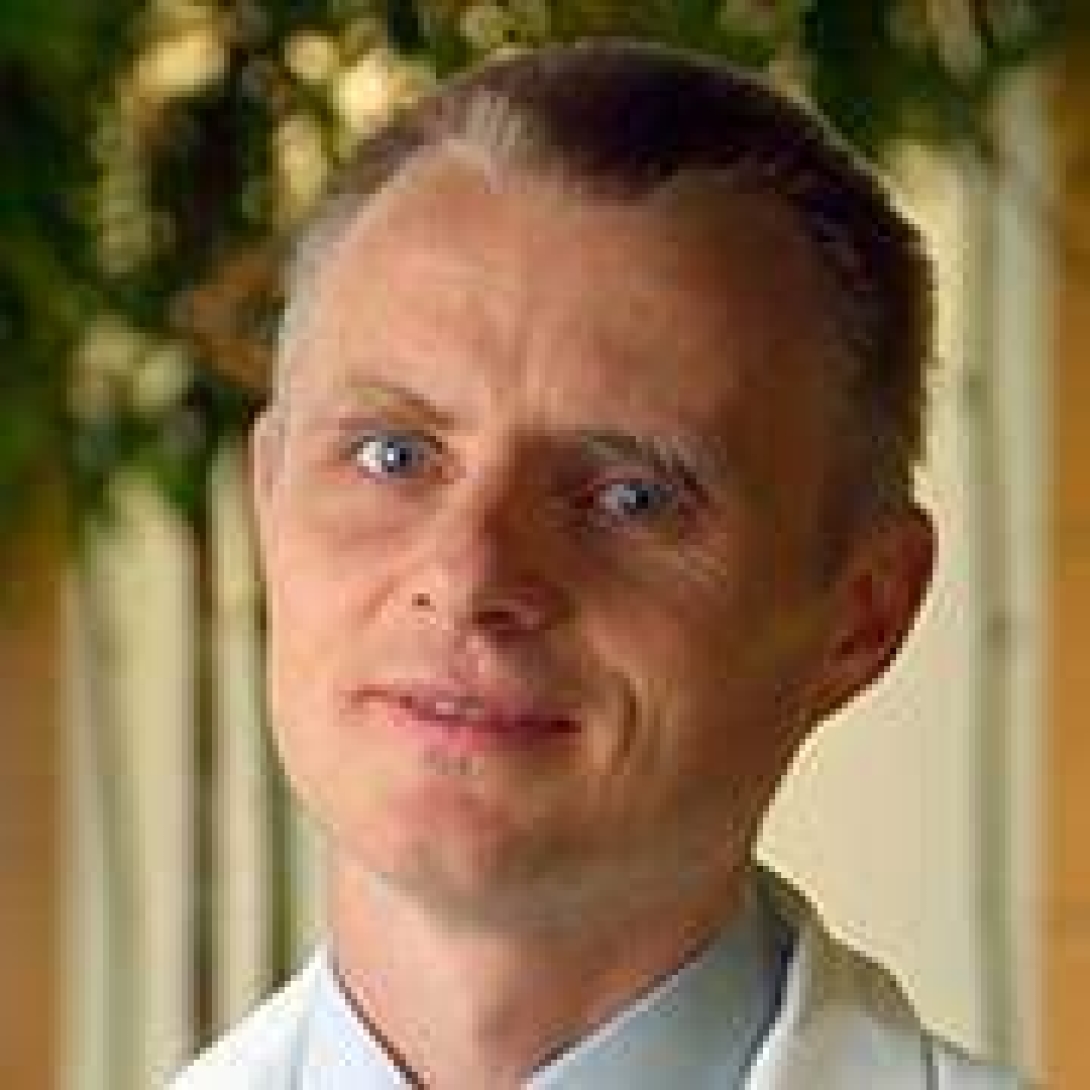
In the third lecture, we’ll begin discussing pre-clinical discovery activities. By the end of this lecture, you’ll be able to:
- Explain how a target is validated pre-clinically
- Name the key components of the assay development process
- Name the key features of the selection and optimization process
- Describe the role of in vivo assays in the pre-clinical discovery process
- Explain how to select a candidate compound for further development

Lecture 4 will move from pre-clinical discovery to development. By the end of this lecture, you’ll be able to:
- Describe how to initiate and execute dosing studies
- Explain the importance of the following IND application items:
- Animal pharmacology and toxicology
- Pre-clinical data to permit assessment
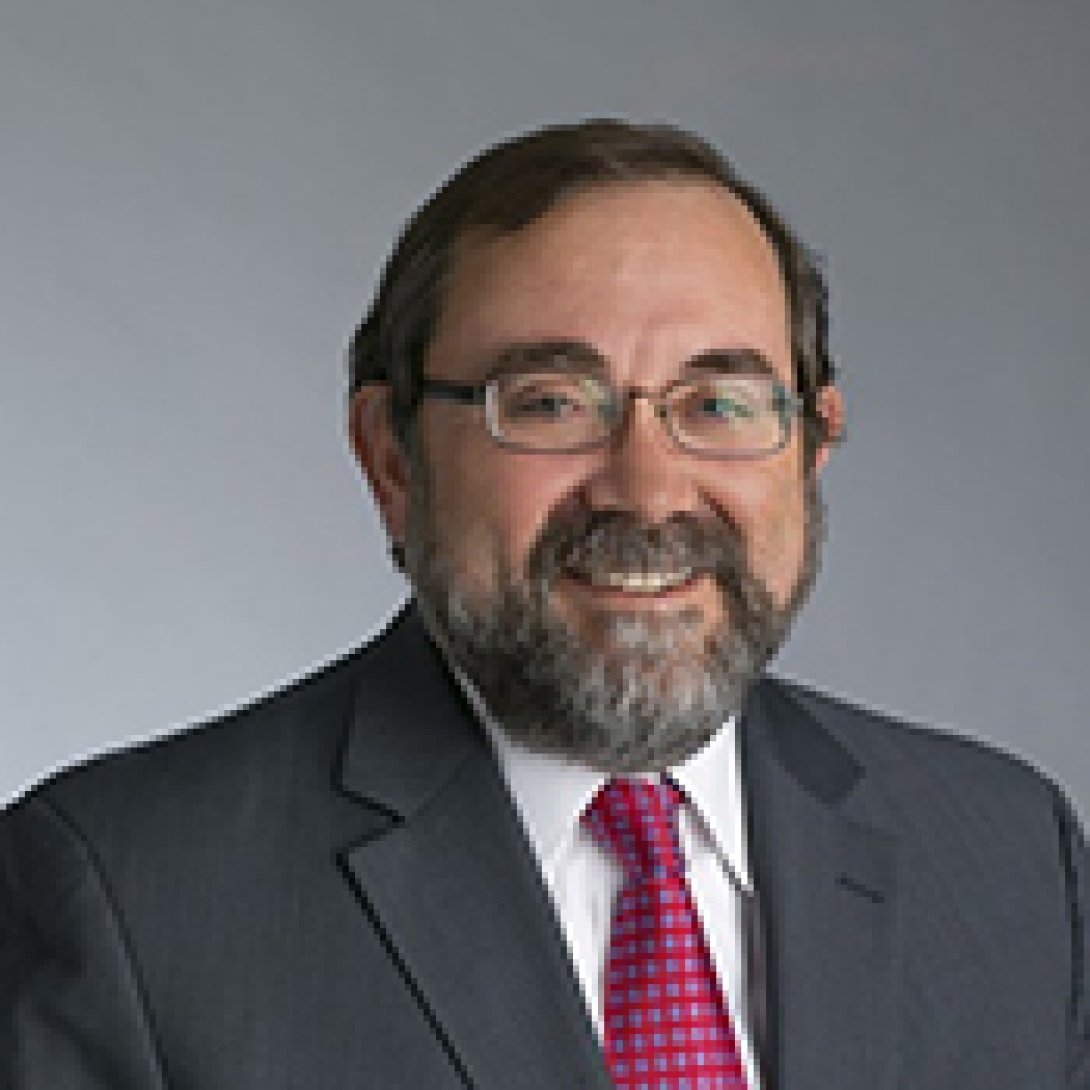
The lecture series will conclude with a discussion of the clinical phase of oncology target and therapeutic development. By the end of this lecture, you’ll be able to:
- Illustrate how to design a clinical trial and outcomes
- Explain how to select the right patient population for clinical trials
The virtual project-based course will feature a “flipped classroom” format, allowing participants the flexibility to consume learning materials at their desired pace and complete customized assignments for the individual goals of their research project. Participants will review relevant learning materials and prepare a slide deck prior to each checkpoint session. During each course session, participants will present their slides and receive feedback and instruction from teaching team mentors.The course will conclude with a finale event featuring participant presentations. The format of the finale will be determined at a later date.
Who should apply?
- Faculty clinicians, researchers, postdoctoral fellows, graduate students, and other trainees from U-M Rogel Cancer Center-affiliated labs and clinics interested in taking a deep dive into commercializing oncology therapeutics
- Those with early-stage drug discovery projects (though more advanced projects are welcome!)
Course dates - 2025
All course sessions will be held virtually from 2:00 PM - 3:00 PM (EDT)
- Friday, March 7 - Kickoff Event
- Friday, March 21 - Virtual Checkpoint: Value Proposition
- Friday, April 4 - Virtual Checkpoint: Intellectual Property
- Friday, April 18- Virtual Checkpoint: Target Product Profile (TPP)
- Friday, May 2 - Virtual Checkpoint: Clinical Studies
- Friday, May 16 - Virtual Checkpoint: Funding
- Friday, May 30 - Final Event
Application
Please fill out the form below to be considered for the Rogel CC Innovation Program Course. The registration deadline for the course is Wednesday, February 26, 2025.


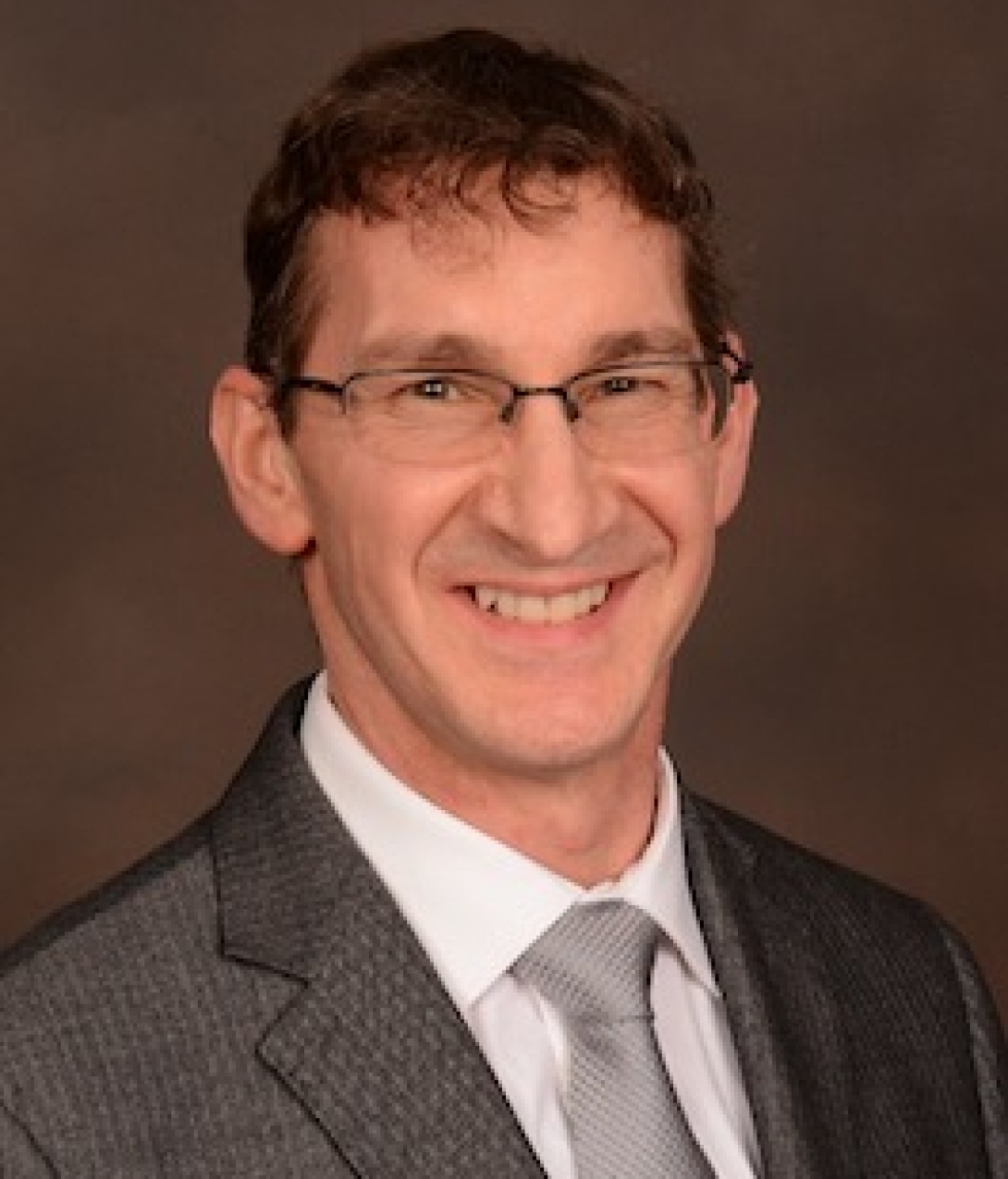
Director, Michigan Drug Discovery
Building 520, 3rd Floor
2800 Plymouth Road
Ann Arbor, MI 48109-2800